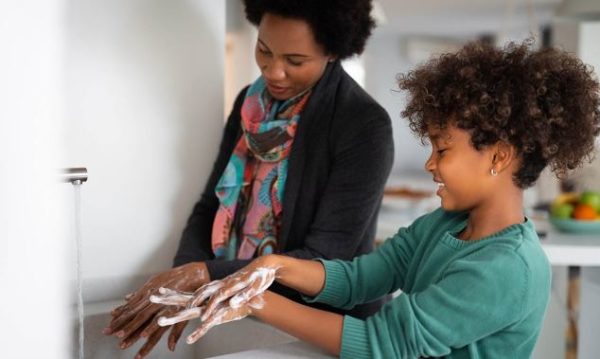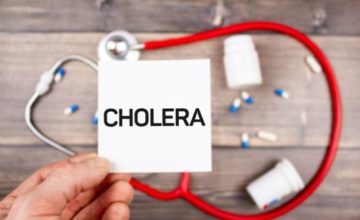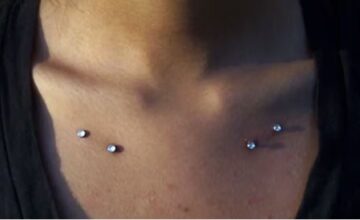
People in areas where cholera is occurring or has occurred should be aware of the basic cholera facts and follow these five basic cholera prevention steps to protect themselves and their families according to the Centers for Disease Control and Prevention.
1. Drink and use safe water
Bottled water with unbroken seals and canned or bottled carbonated beverages are safe to drink and use. Use safe water to brush your teeth, wash and prepare food, and to make ice. To be sure water is safe to drink and use, boil it or treat it with a chlorine product or household bleach. If boiling, bring your water to a complete boil for at least one minute.
To treat your water with chlorine, use one of the locally available treatment products and follow the instructions. If a chlorine treatment product is not available, you can treat your water with household bleach. Add eight drops of household bleach for every one gallon of water (or two drops of household bleach for every one litre of water) and wait 30 minutes before drinking. Always store your treated water in a clean, covered container. Piped water sources, drinks sold in cups or bags, or ice may not be safe and should be boiled or treated with chlorine.
2. Wash your hands often with soap and safe water
Wash your hands with soap and safe water before you eat or prepare food, before feeding your children, after using the latrine or toilet, after cleaning your child’s bottom, after taking care of someone ill with diarrhoea. If no soap is available, scrub hands often with ash or sand and rinse with safe water.
3. Use latrines or bury your faeces (poop)
Do not defecate in any body of water. Use latrines or other sanitation systems, like chemical toilets, to dispose of faeces. Wash hands with soap and safe water after defecating. Clean latrines and surfaces contaminated with faeces using a solution of one part household bleach to nine parts water.
If you don’t have a latrine or chemical toilet, defecate at least 30 meters (98 ft) away from any body of water and then bury your faeces. Dispose of plastic bags containing faeces in latrines, at collection points if available, or bury it in the ground. Do not put plastic bags in chemical toilets. Dig new latrines or temporary pit toilets at least a half-meter (1.6 ft) deep and at least 30 meters (98 ft) away from any body of water.
4. Cook food well
Cook food well (especially seafood), keep it covered, eat it hot, and peel fruits and vegetables. Boil it, cook it, peel it, or leave it. Be sure to cook shellfish (like crabs and crayfish) until they are very hot all the way through. Avoid raw foods other than fruits and vegetables you have peeled yourself.
5. Clean up safely
Clean up safely in the kitchen and in places where the family bathes and washes clothes. Clean food preparation areas and kitchenware with soap and safe water and let dry completely before reuse. Wash yourself, your children, diapers and clothes, 30 meters (98 feet) away from drinking water sources.


